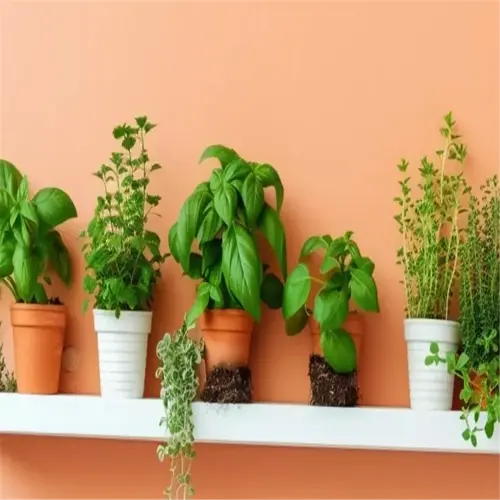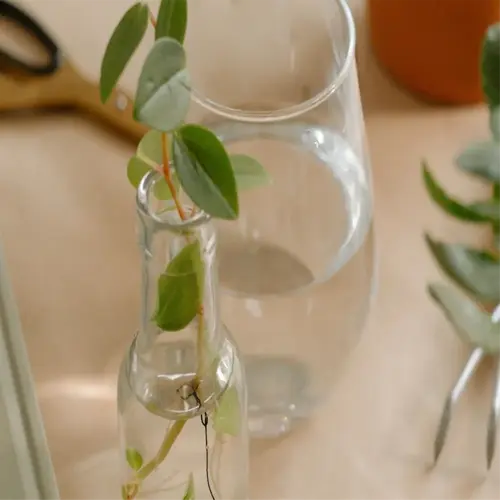What are common drawbacks of using ground cover plants?

Written by
Benjamin Miller
Reviewed by
Prof. Martin Thorne, Ph.D.Ground cover plants can be the solution to many gardening issues; however, sometimes there may be pitfalls hidden in all that green. A client's problem with Vinca minor, which invaded a garden and killed some native ferns, cost the client $2,000 to remove. Some ground covers such as Pachysandra do suppress weeds, while others require constant monitoring. Be aware of the pitfalls that can arise when the ground covers are put into place.
Invasive Risks
- Vinca minor: Spreads aggressively via underground runners
- English Ivy: Climb structures, damaging surfaces
- Solution: Plant Asarum canadense or Pachysandra procumbens instead
Maintenance Challenges
- Ajuga reptans: Requires annual edging to contain spread
- Liriope: Brown tips need seasonal trimming
- Solution: Choose slow-growing Galium odoratum for low pruning needs
Soil concerns tend to magnify other concerns. Ajuga has a particularly difficult time establishing itself in hard-packed clay, leading to patchy mats. I had a parking strip project I worked on where I amended some soil with gypsum and compost, and Sedum ternatum is now thriving there. When planting, check drainage beforehand. Dig a twelve-inch hole, fill the hole twice, and time how long it takes to soak into the hole.
Plan your design intentionally to limit the disadvantages. I put steel edging around the Lamium to keep the runners from spreading. Under my oaks, I use Chrysogonum virginianum, which will tolerate some of the root competition without becoming intrusive. I also think pairing the plants with hardscape materials (like gravel paths) will help contain the spread and reduce maintenance.
Ecological costs are important. The non-native Euonymus fortunei has fewer pollinators than the native Mitchella repens. When we took out the euonymus and put in mitchella in a client's yard, bee activity tripled. Smart choices avoid future ecosystem impacts while maintaining a healthy garden.
Read the full article: 10 Best Ground Cover Shade Plants

